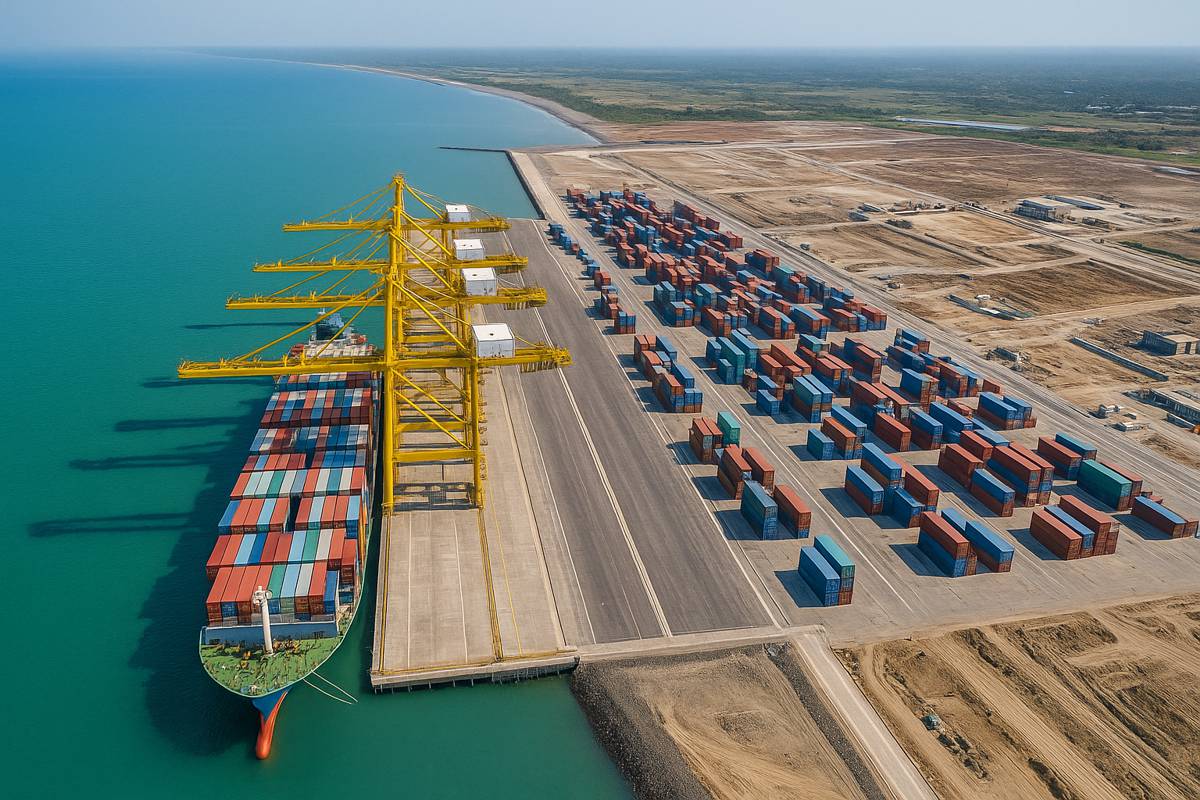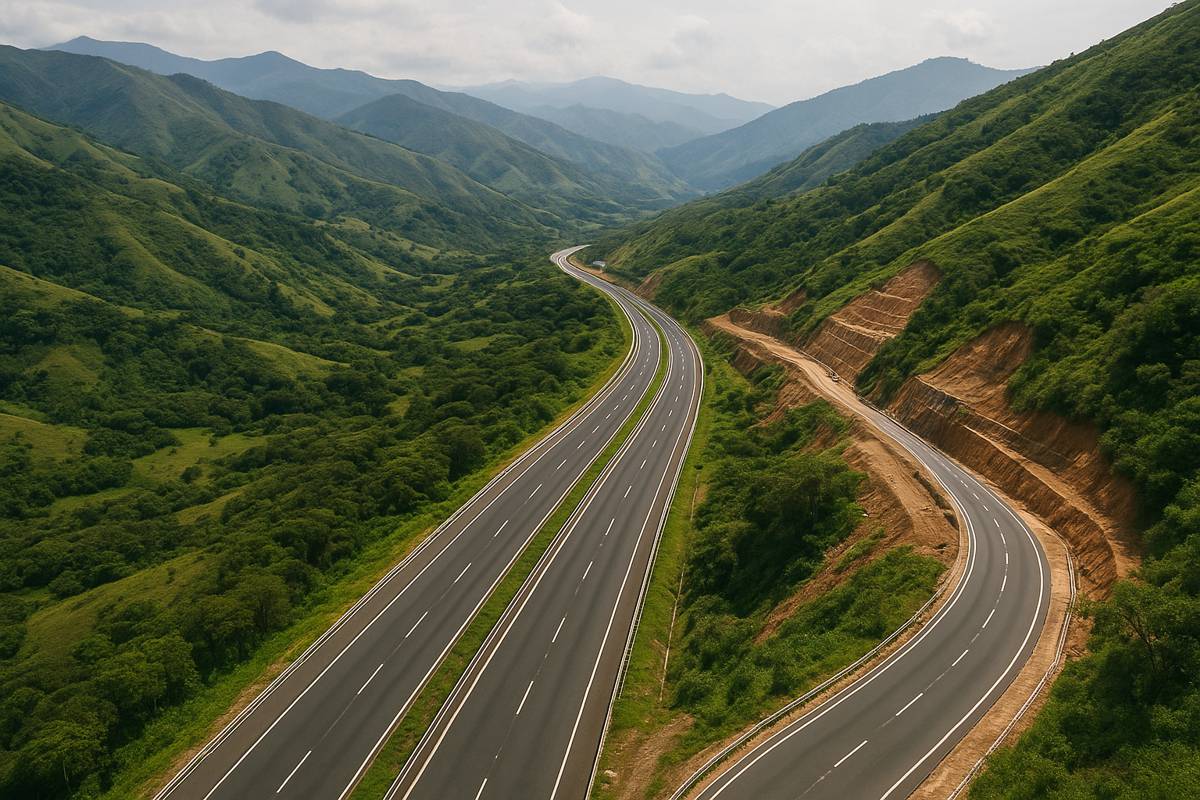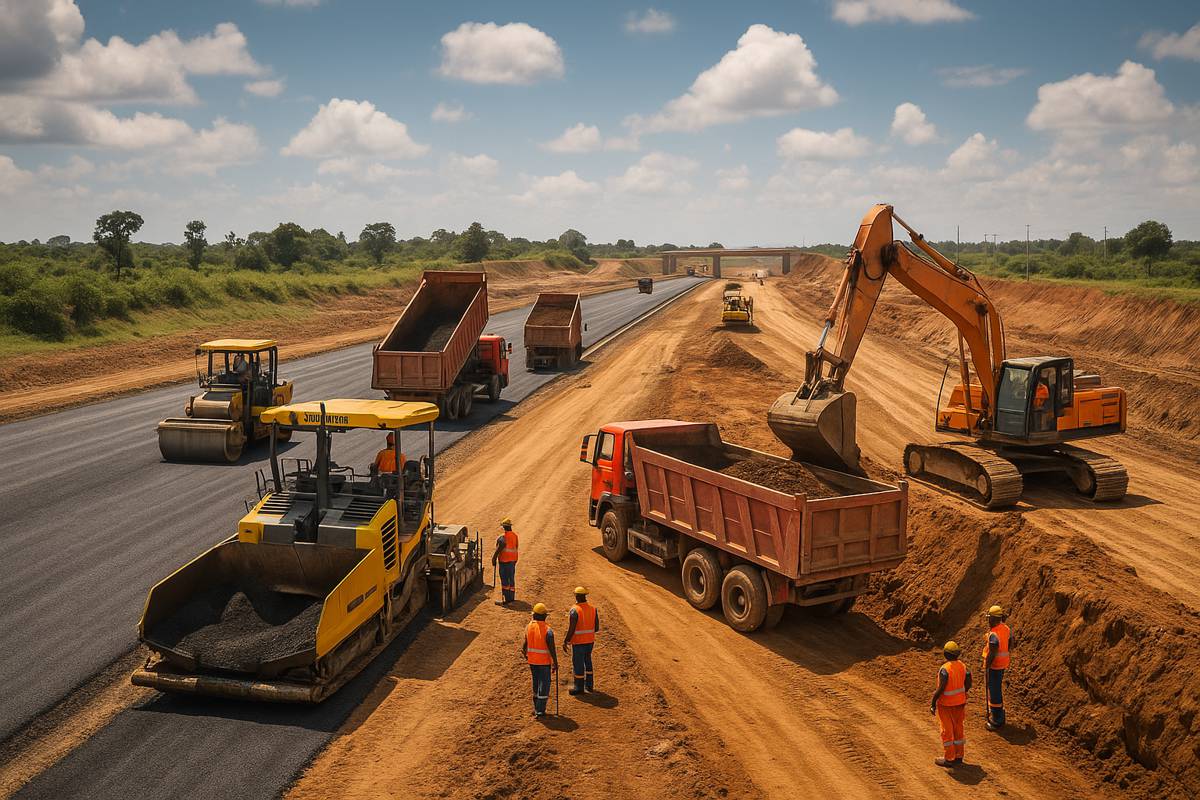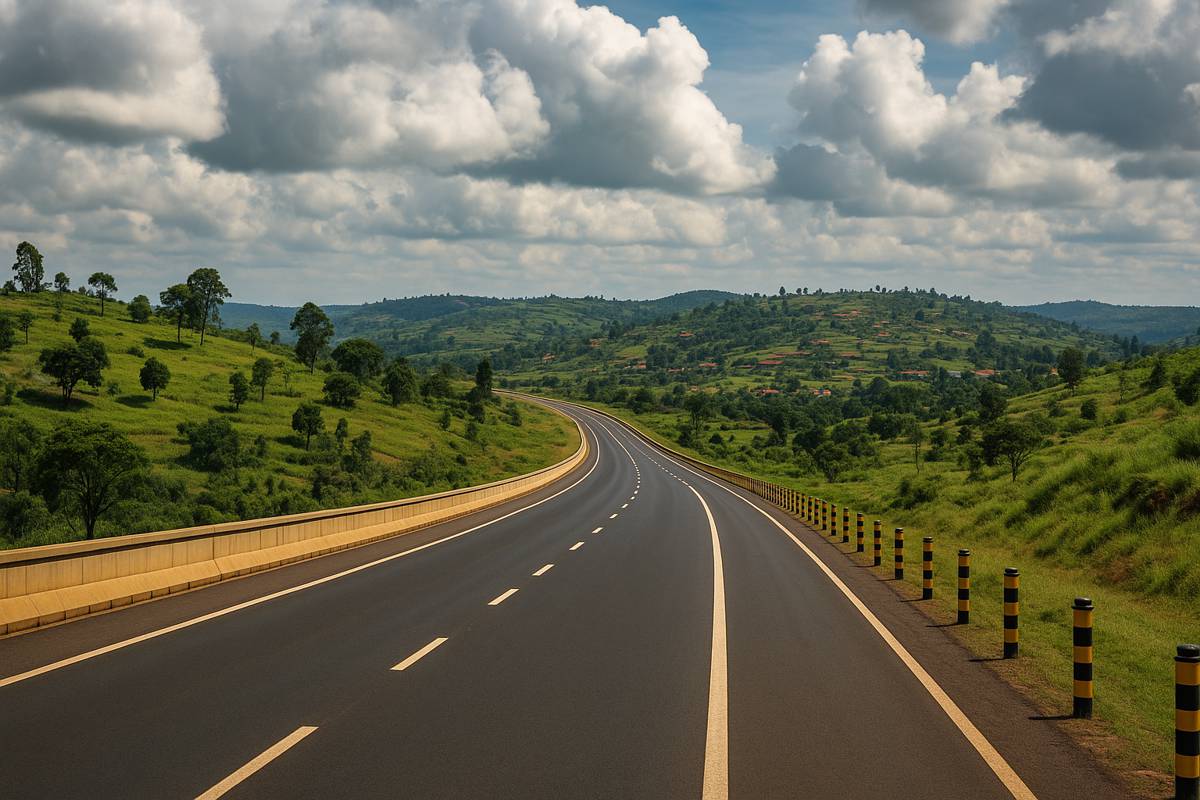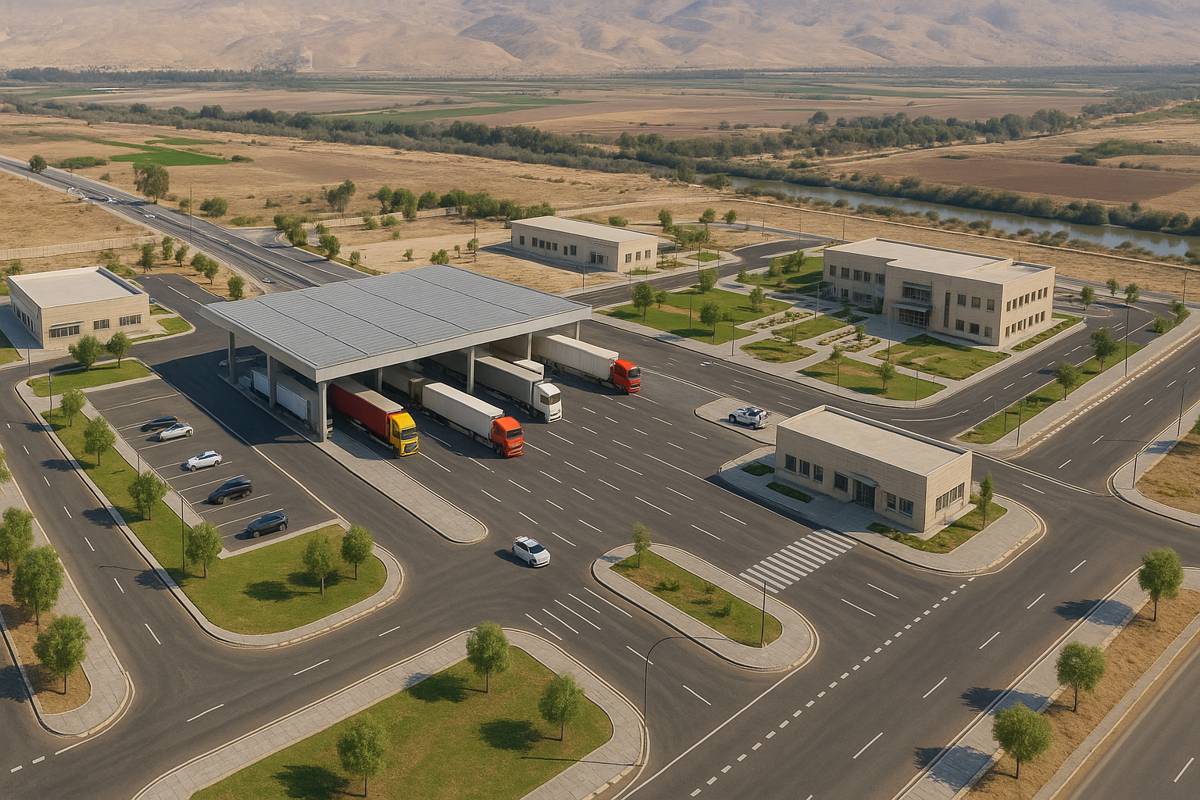World Bank project in Himachal Pradesh to deliver safer, resilient roads
The Government of India, the Government of Himachal Pradesh and the World Bank today signed a $82 million project to support Himachal Pradesh strengthen its transport and road safety institutions by improving the condition, safety, resilience, and engineering standards of its state road network.
The Himachal Pradesh State Roads Transformation Project will finance initiatives to build climate and disaster resilient roads; improve road safety along tourism corridors in Himachal; enhance logistics along fruit belts; and support the government’s initiative to create a corporate entity responsible for ensuring well-performing roads. A third of the maintenance contracts under the project will be awarded to women-led Self-Help Groups (SHGs).
“The economic growth of any region is closely linked to its road infrastructure. The mountainous state of Himachal Pradesh with its rich horticulture and tourism potential requires well-constructed, well connected, climate resilient and safe roads,” said Sameer Kumar Khare, Additional Secretary, Department of Economic Affairs, Ministry of Finance. “This project will help the state develop reliable, resilient and safe roads which is crucial for the economic development of the state,” he added.
The agreement was signed by Sameer Kumar Khare, Additional Secretary, Department of Economic Affairs, Ministry of Finance on behalf of the Government of India; Jagdish Chander Sharma, Principal Secretary to the Chief Minister and Public Works Department, on behalf of the Government of Himachal Pradesh; and Junaid Ahmad, Country Director, India on behalf of the World Bank.
“Himachal Pradesh has the potential to produce high-value horticultural products. However, to leapfrog to the next level of competitiveness in the global value chain, the state needs to focus on improving its roads and logistics services,” said Junaid Ahmad, World Bank Country Director in India. “This project will support the Government of Himachal Pradesh to provide greater opportunity to smallholder farmers access domestic and international agricultural markets, attract private investments to enhance value chains and increase jobs and farmers’ incomes,” he added.
Himachal Pradesh, a mountain state richly endowed with natural resources, often faces landslides and flash floods that affect its road connectivity. Cloud bursts, more extreme river flows and flooding cause landslides and erosion of embankments and loss of roads or bridges. These events are projected to increase over the next few decades as a result of climate change. To protect against landslides and floods, the project will implement engineering solutions that are plant and natural-based as well as control vehicular emission to address climate risks.
Furthermore, as there is no early warning system in the state, landslides cause fatal accidents. During the snow and rainy season, transportation of agricultural products and tourists, is either terminated or delivered at a high cost. Measures such as creating an emergency response crew, upgrading drainage structures and protecting slide prone areas will help build resilient road infrastructure.
“A well-performing road infrastructure that helps in creating an efficient logistics system will go a long way in supporting small holder farmers, small and medium enterprises and manufacturing industries deliver products just-in-time to wholesale and terminal markets at a lower cost. Reorganizing Himachal Pradesh Road & Other Infrastructure Development Corporation (HPRIDC) and HP Motor Vehicle Administration as corporate entities, will also support greater transparency and accountability in promoting innovative development solutions,” said Tesfamichael Mitiku, Senior Transport Engineer and World Bank’s Task Team Leader for the project.
Recognizing that road safety is a critical issue, the project will enhance the state’s ability to systematically identify, analyse, develop and prioritize critical road safety measures that will benefit all road users. The ‘Safe Systems’ approach will be adopted in selected districts and heavily trafficked corridors. The state highway patrol will be trained and equipped with surveillance gear. An emergency response system will be established to help connect accident sites with dedicated hospitals for post-crash care and data collection.
The $82 million loan from the International Bank for Reconstruction and Development (IBRD), has a final maturity of 15 years including a grace period of five years.










